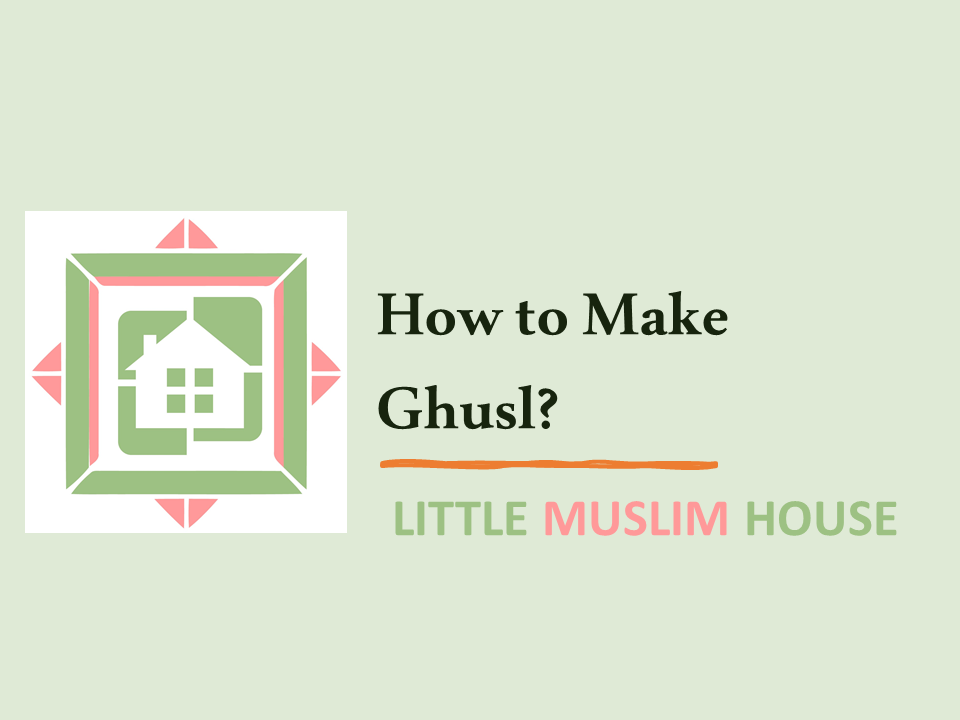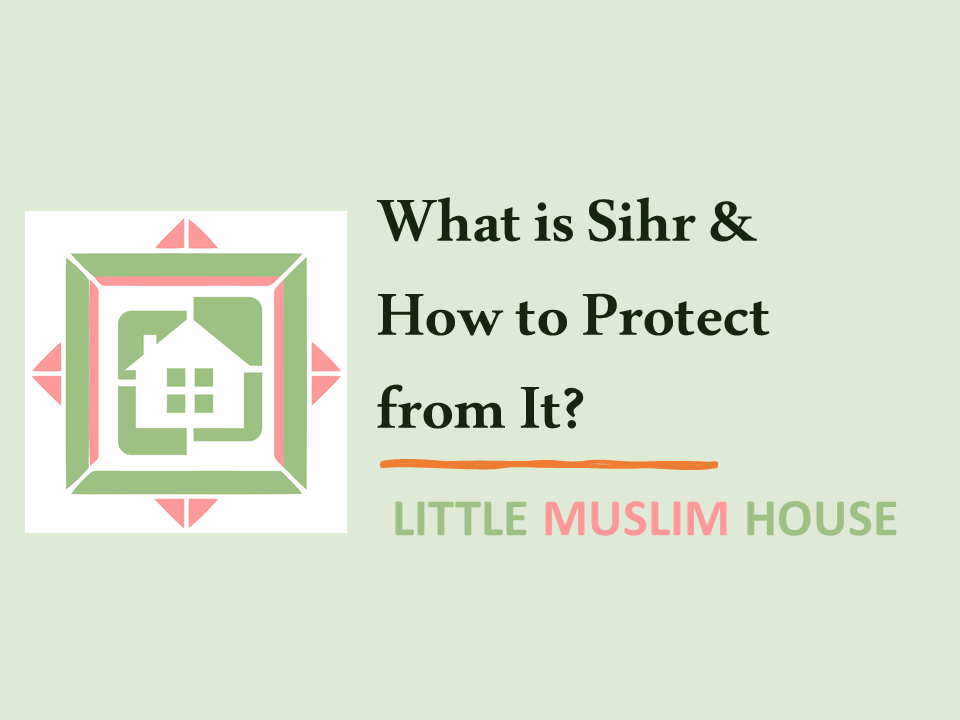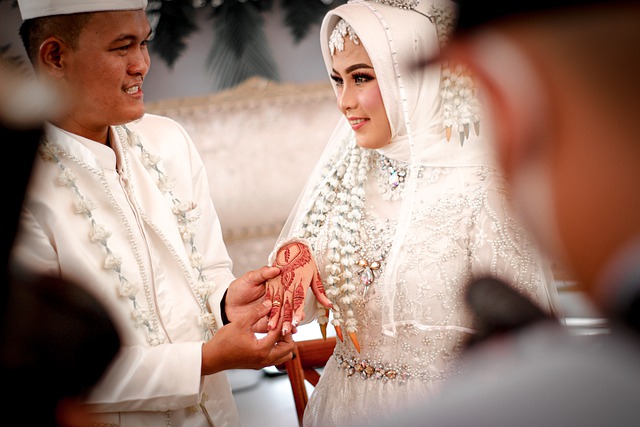What is ghusl?
Ghusl refers to the ritual bath that Muslim men and women perform in order to purify themselves from impurities prior to engaging in religious obligations. The entire body must be washed for ghusl to be valid.
When should ghusl be performed?
It is Fard (mandatory) to make ghusl at specific instances:
- After sexual intercourse (even if one does not ejaculate)
- After wet dreams
- After completion of the menstrual cycle
- After postpartum bleeding
Otherwise it should be a regular practice of every Muslim.
How to make ghusl?
Narrated `Aisha (RA):
“Whenever the Prophet (PBUH) took a bath after Janaba (state of impurity after ejaculation) he started by washing his hands and then performed ablution like that for the prayer. After that he would put his fingers in water and move the roots of his hair with them, and then pour three handfuls of water over his head and then pour water all over his body.” [Sahih Al-Bukhari]
In order to perform ghusl, there are few steps you can follow:
- Make Niyyah (intention) that you are making ghusl to purify yourself from impurity
- Say “BismIllah”
- Wash your hands thrice
- Wash your privates to remove any impurities
- Perform Wudhu like for prayer as the above hadeeth states. According to a Sahih narration from Maimuna, the wife of RasulUllah (PBUH), in this step you may avoid washing your feet. Once the bath is complete, you may wash your feet thrice.
Narrated Maimuna (the wife of the Prophet):
Allah’s Messenger (PBUH) performed ablution like that for the prayer but did not wash his feet. He washed off the discharge from his private parts and then poured water over his body. He withdrew his feet from that place (the place where he took the bath) and then washed them. And that was his way of taking the bath of Janaba. [Sahih Al-Bukhari]
- Pour water over your head thrice. Make sure that you rub you head and hair so that water reaches everywhere including the roots of your hair. For women who had their hair tied (e.g. in a bun) it is not necessary to untie the hair for ghusl as long as the water reaches the roots.
- Pour water over the right-side of your body, rubbing it well ensuring the water reaches everywhere. Then pour water over the left side of your body rubbing it well similar to the right side.
When washing your body during ghusl, you must make sure that the water reaches every inch of your body. It is important that you wash your mouth, nostrils as well as the areas where water does not easily reach during a bath such as the navel. If you have not taken off your jewelry during the bath, make sure that water reaches behind and through them as well. - After the completion of the bath wash your feet three times (similar to the manner in which you would wash your feet when making wudhu). If performing ghusl Janabah (e.g. after intercourse etc…) step away from the bathing area before washing your feet.
FAQs concerning ghusl
- Do I have to make wudhu again after the ghusl bath in order to pray? Ghusl takes the place of wudhu. Provided that you have followed the steps of ghusl accurately, it is not necessary that you make wudhu after ghusl.
- I am ill and unable to have a ghusl bath with water. What should I do? In such a case where you cannot have a bath, then you may perform Tayammum using purified sand, as Allah says in the Quran:
يٰۤـاَيُّهَا الَّذِيۡنَ اٰمَنُوۡۤا اِذَا قُمۡتُمۡ اِلَى الصَّلٰوةِ فَاغۡسِلُوۡا وُجُوۡهَكُمۡ وَاَيۡدِيَكُمۡ اِلَى الۡمَرَافِقِ وَامۡسَحُوۡا بِرُءُوۡسِكُمۡ وَاَرۡجُلَكُمۡ اِلَى الۡـكَعۡبَيۡنِ ؕ وَاِنۡ كُنۡتُمۡ جُنُبًا فَاطَّهَّرُوۡا ؕ وَاِنۡ كُنۡتُمۡ مَّرۡضَىٰۤ اَوۡ عَلٰى سَفَرٍ اَوۡ جَآءَ اَحَدٌ مِّنۡكُمۡ مِّنَ الۡغَآئِطِ اَوۡ لٰمَسۡتُمُ النِّسَآءَ فَلَمۡ تَجِدُوۡا مَآءً فَتَيَمَّمُوۡا صَعِيۡدًا طَيِّبًا فَامۡسَحُوۡا بِوُجُوۡهِكُمۡ وَاَيۡدِيۡكُمۡ مِّنۡهُ ؕ مَا يُرِيۡدُ اللّٰهُ لِيَجۡعَلَ عَلَيۡكُمۡ مِّنۡ حَرَجٍ وَّلٰـكِنۡ يُّرِيۡدُ لِيُطَهِّرَكُمۡ وَ لِيُتِمَّ نِعۡمَتَهٗ عَلَيۡكُمۡ لَعَلَّكُمۡ تَشۡكُرُوۡنَ
O believers! When you rise up for prayer, wash your faces and your hands up to the elbows, wipe your heads, and wash your feet to the ankles. And if you are in a state of full impurity, then take a full bath. But if you are ill, on a journey, or have relieved yourselves, or have been intimate with your wives and cannot find water, then purify yourselves with clean earth by wiping your faces and hands. It is not Allah’s Will to burden you, but to purify you and complete His favour upon you, so perhaps you will be grateful. [Surah Maidah 05:06]
- I am unable to find water for ghusl bath. What should I do?Perform Tayammum as stated in the previous point
- Does a woman have to undo her hair when doing ghusl in the case of janabah (impurity following sexual activity)?A woman does not have to undo her hair when she does ghusl following janaabah, but she must make sure that the water reaches all parts of her body, including the hair and its roots. [IslamQA]
- After intercourse, do I have to have a ghusl bath in the night before I sleep?
According to the hadeeth below, you may wash your privates, make wudhu and then sleep:Narrated by Abdullah bin Umar: Umar bin Al-Khattab told Allah’s Messenger (PBUH), “I became Junub (state of impurity after ejaculation) at night.” Allah’s Messenger (PBUH) replied, “Perform ablution after washing your private parts and then sleep.” [Sahih Al-Bukhari]
However, you have to perform ghusl after waking up or before engaging in any activity that requires a state of purity (such as Salah).
And Allah Knows Best.




